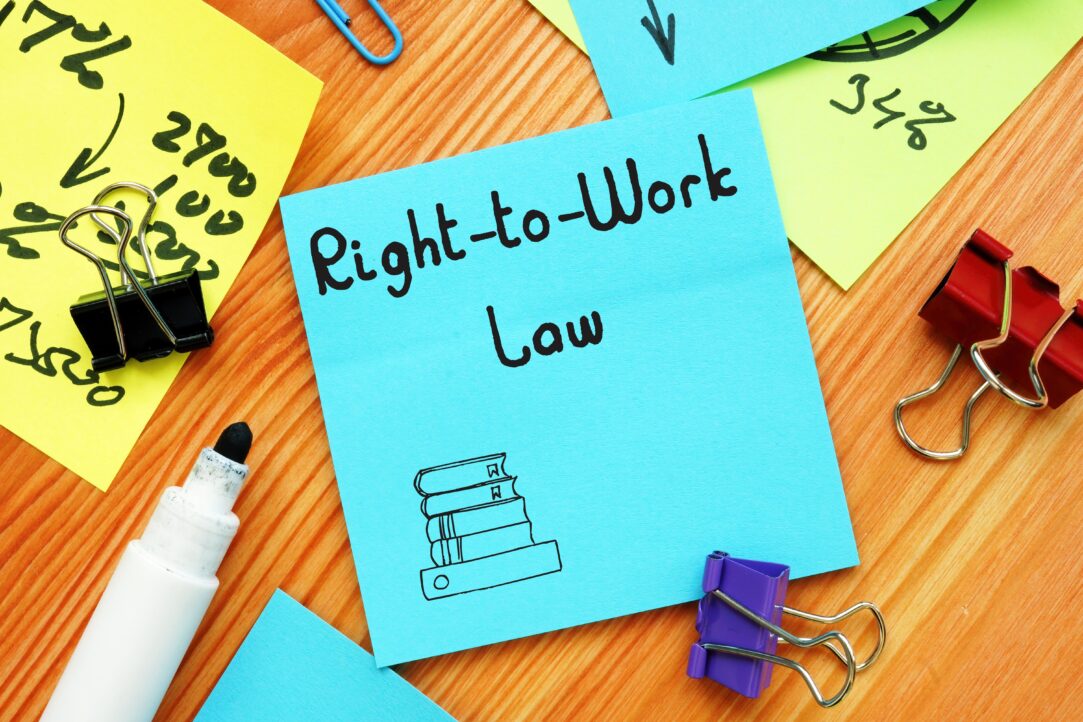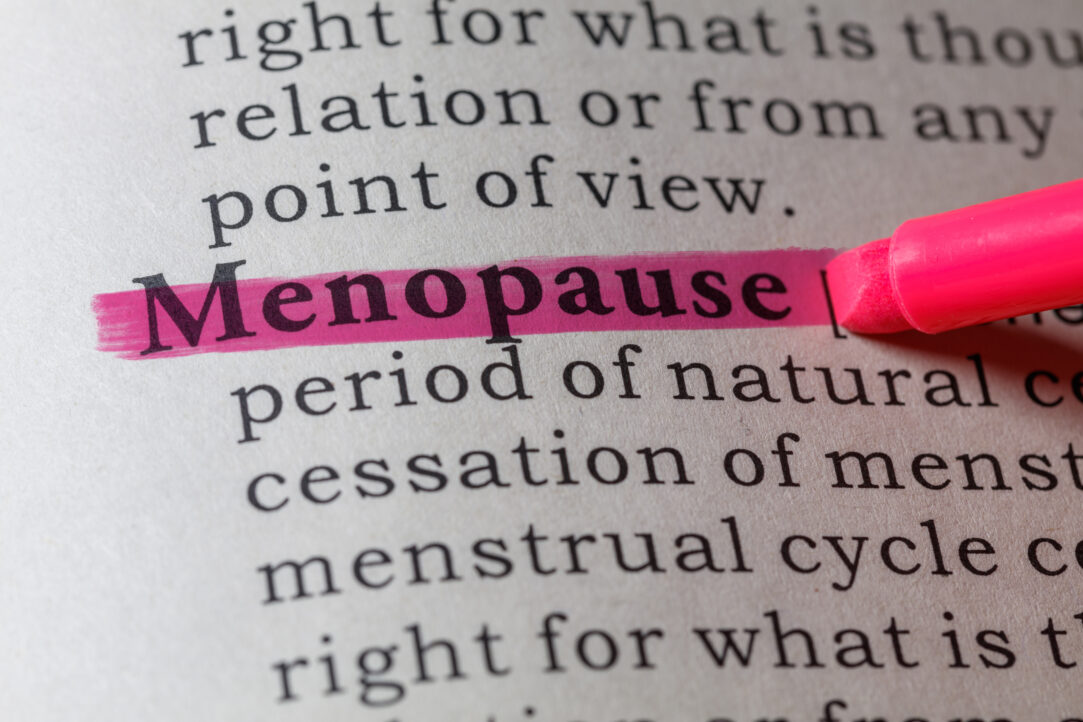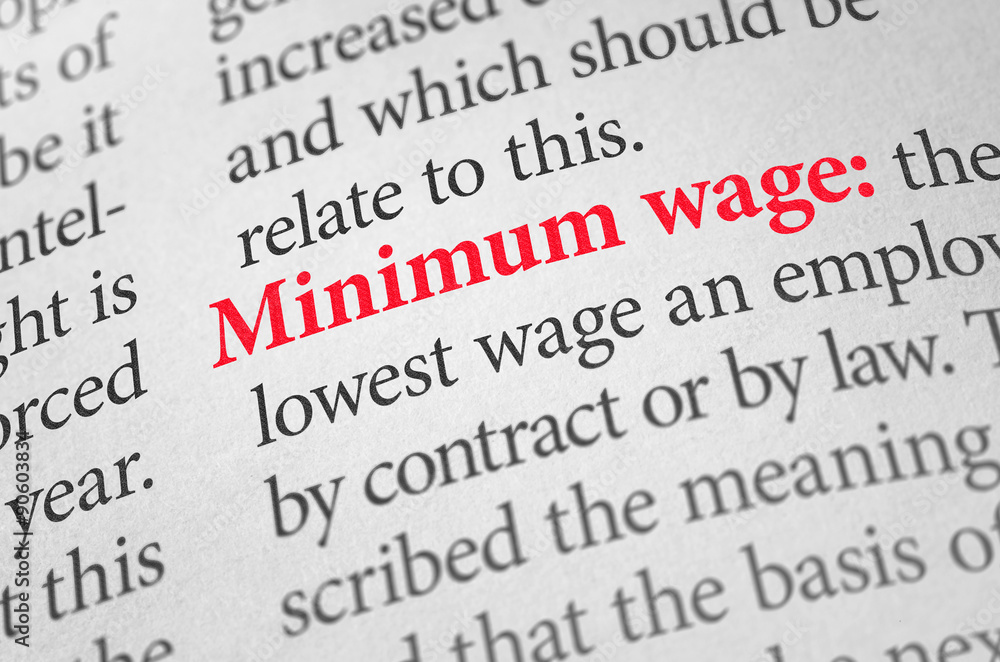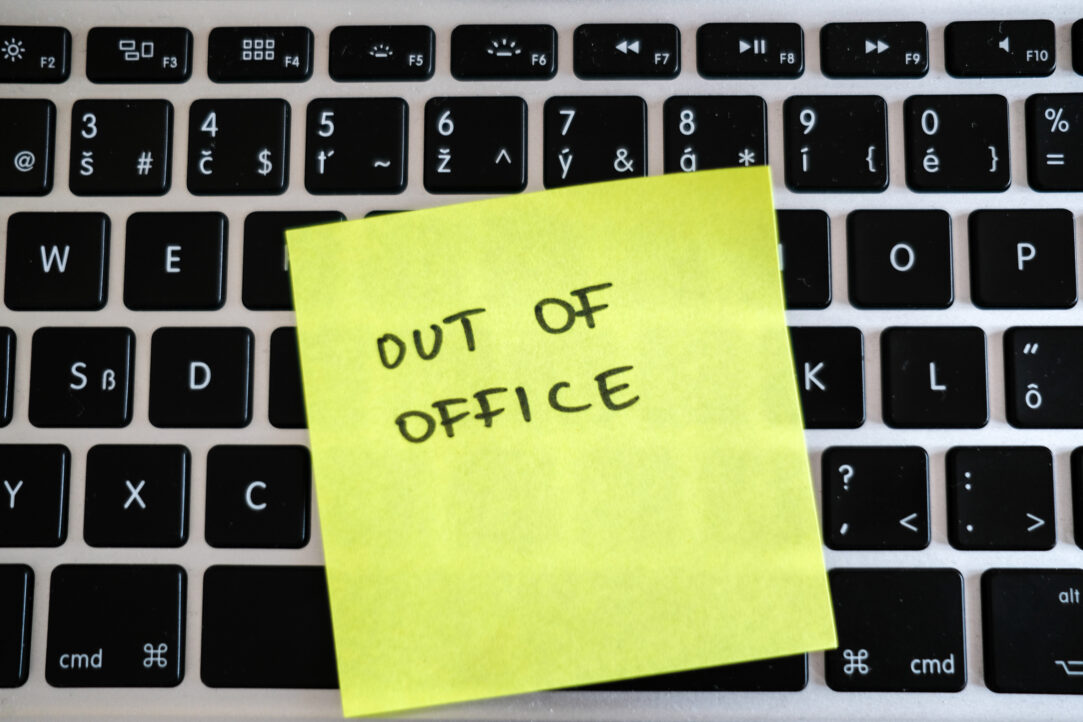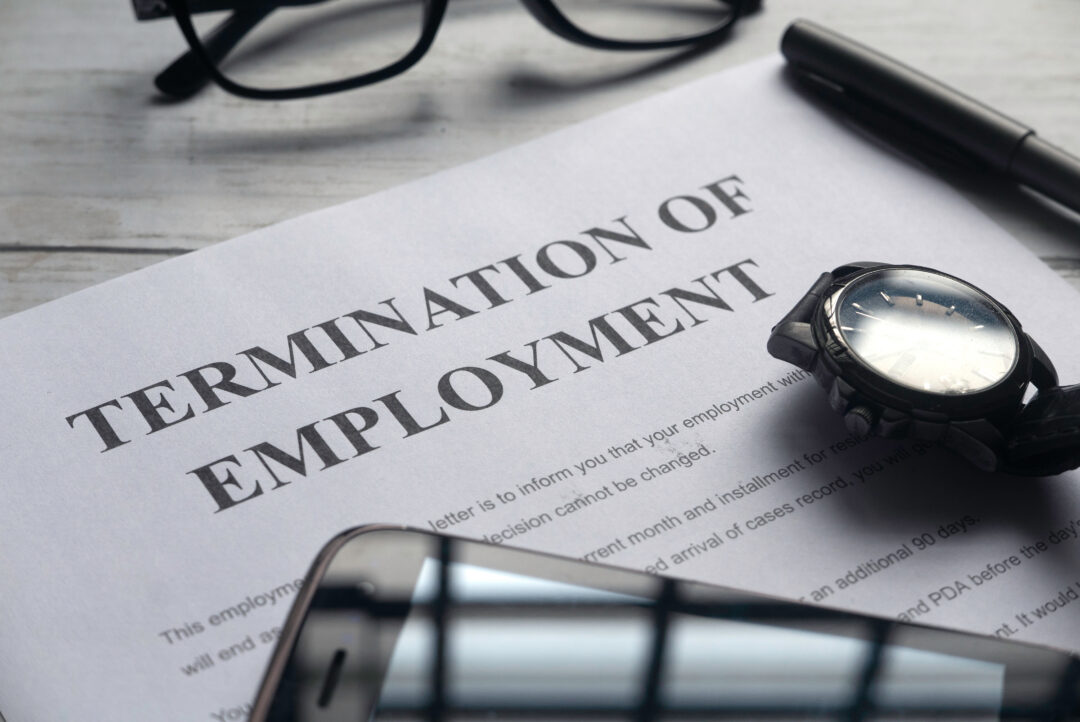- 08 Nov 2021
- •
- 2 min read
Employment Alert – Updated COVID Guidance for Pregnant Women

Updated COVID Guidance for Pregnant Women
What’s happening?
The government has updated its COVID-19 guidance in relation to pregnant employees to reflect the changes surrounding shielding and to offer a greater clarity on the issue of pregnancy and vaccines.
Why is this important?
- Understanding the guidance can help employers manage their pregnant workforce.
- Pregnant women should attend work in the same way as everyone else.
- Pregnant women should be offered the COVID-19 vaccine at the same time as non-pregnant women (taking into account their age and clinical risk group).
- If a woman finds out that she is pregnant between the first and second dose, she should proceed with the second dose.
- Unvaccinated pregnant women should take a more precautionary approach compared with vaccinated pregnant women because they are at higher risk of getting seriously ill if they contract COVID-19.
- Pregnant women should only remain at work if the risk assessment confirms that they are safe to do so (see below).
What should you do?
As a reminder, employers should carry out a workplace risk assessment for all pregnant employees to ensure that nothing in the role presents a risk to the mother and/or her unborn child (COVID-19 related or otherwise). Employers can refer to the following guidance: Coronavirus (COVID-19) infection and pregnancy (rcog.org.uk)
Don’t forget the wider legal protections afforded to all staff. For example, employees are protected from automatic unfair dismissal and detrimental behaviour from their employer if they refuse to come to work because of their fear that they are in ‘serious and imminent’ danger (see our previous alert).
If you cannot put the necessary control measures in place, such as adjustments to the job, you should suspend the pregnant worker on paid leave or allow them to work from home (where possible).
If you need more information please contact us on 0800 2800 421 or email [email protected] to find out how we can help.
